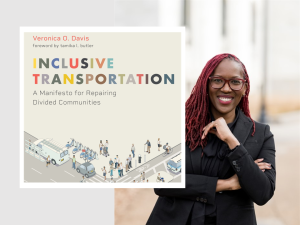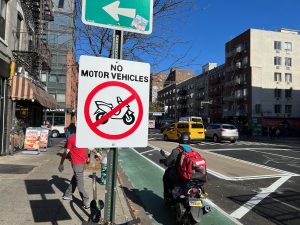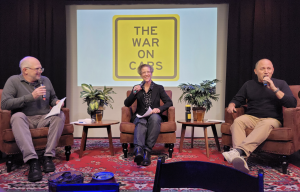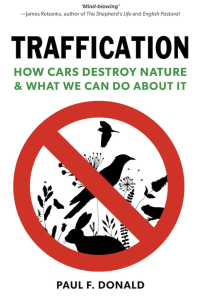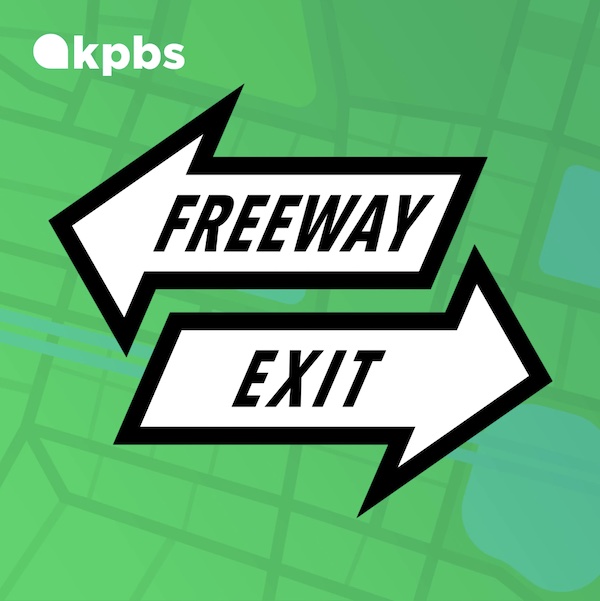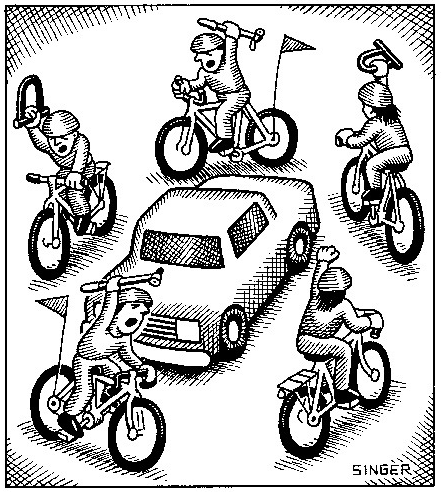
While working on Episode 110, Back to School with the Bike Bus, we spoke with Sam Balto, a phys ed teacher in Portland, Oregon, who goes by @CoachBalto and who’s become one of the most visible advocates in the global movement for active transportation for kids.
We used some of his comments in that episode, but our conversation was so juicy we knew we wanted to share it in full.
Sam does a great job of explaining why bike buses are so much fun and so good for kids, and why you might find yourself tearing up when you watch his videos: “We want our children to thrive. And the bike bus movement is sort of the first story of children thriving since the pandemic.”
Sam’s Portland bike bus is getting national attention. You can follow him on Instagram, TikTok, and that other platform.
Maybe you’ll be inspired to start a bike bus or walking school bus where you live!
***This is a preview of a Patreon bonus episode. To hear the full episode and for complete access to all our exclusive bonus content become a Patreon supporter of The War on Cars.***


